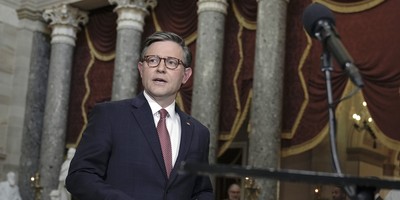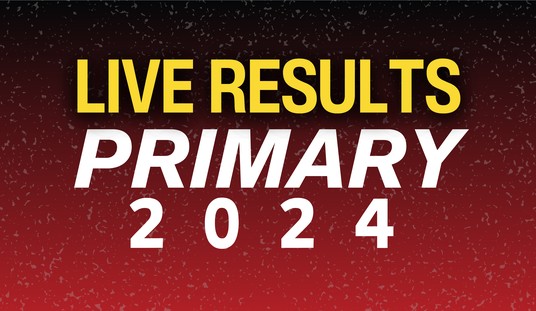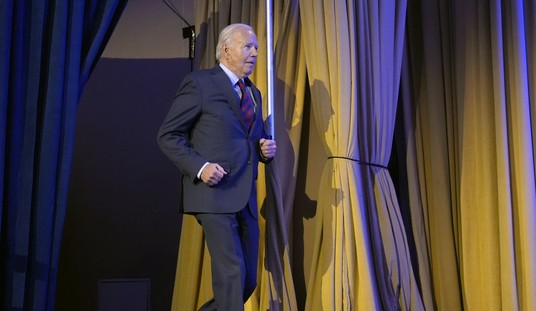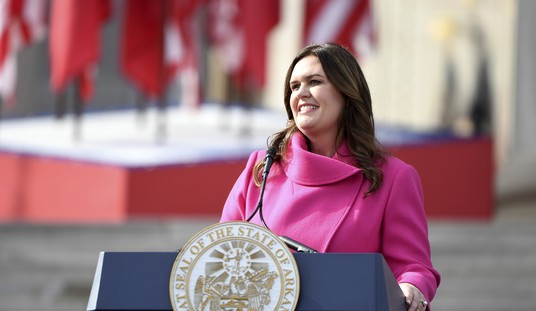The fiduciary rule was a controversial initiative of the Obama administration that was quickly reversed by President Trump. Proponents say it would ensure more transparency in financial services. Opponents argue it would impose extra costs on consumers and be a bonanza for trial lawyers looking to shake down fiduciaries.
In a great example of the thickness of the “the swamp” that Trump denounced on the campaign trail, many stubborn holdovers in the bureaucracy appear to be doing everything in their power to ensure the rule sticks around.
Trump signed an executive order delaying the fiduciary rule on February 3. This set in motion a series of events by the Department of Labor and especially the Office of Management and Budget (OMB) to execute the order.
It should have been a quick affair, but OMB took a curiously long time to conduct its review of the rule. Further, it stacked the deck by holding “stakeholder” meetings almost exclusively with opponents of the executive order.
This allegation is made confidently, based on OMB’s own public schedule for February. Here is a list ofmeetingsOMB scheduled during its review of the proposed rule delay prior to “publication,” which is bureaucracy-speak for “we got it done”:
2/14/17 - CFP Board of Standards
2/15/17- Betterment
2/15/17- The Committee for the Fiduciary Standard, along with Americans for Financial Reform & Consumer Action
2/16/17 - Consumer Federation of America
2/17/17 - AFL-CIO
Recommended
2/17/17 – Public Investors Arbitration Bar Association
2/21/17 - AARP
2/22/17 - Better Markets
2/22/17 - Siegel Public Affairs
2/23/17 - Rebalance IRA
Each time there’s a proposed rulemaking or a delay of same, any federal agency has stakeholder meetings. They are forums for industry and opponents to weigh in. The groups each have a 30-minute slot to sit down with agency staff and make their case as the staff takes notes. These meetings are usually scheduled back-to-back over 2, or maybe 3 days.
But as we can see, the OMB dragged out the process as long as it could. Several of the meetings were marked “scheduled but not completed” and appear to have had no other effect than to delay the delay.
All of this was intentional. Absent a formal delay of the rule, it will go into effect on April 10 and financial advice as we know it today will drastically change. The formal process for delaying a rule can take many, many months. Trump's team is trying to do it in two.
The top bureaucratic holdovers from the Obama administration running the show over at OMB did everything in their power to stall and stall and stall. It took OMB 18 days after it was signed to issue the notice of proposed delay rulemaking. This was a tactic that DC insiders know as slow-walking, at its finest, because in this town, delay is defeat.
They were allowed to slow-walk it, another thing President Trump has complained about repeatedly. The Senate has moved slowly to confirm his appointments. OMB director Mick Mulvaney wasn’t confirmed until February 17 and we STILL don’t have a secretary of labor.
If what we had in the interim were holdovers from the Obama administration and a dedicated civil service trying to do their best to facilitate the normal functioning of government, this wouldn’t be a problem.
Instead, we have a case study of the sort of bureaucratic machinations that so many people have come to hate about DC. Drain the swamp, indeed.

























Join the conversation as a VIP Member